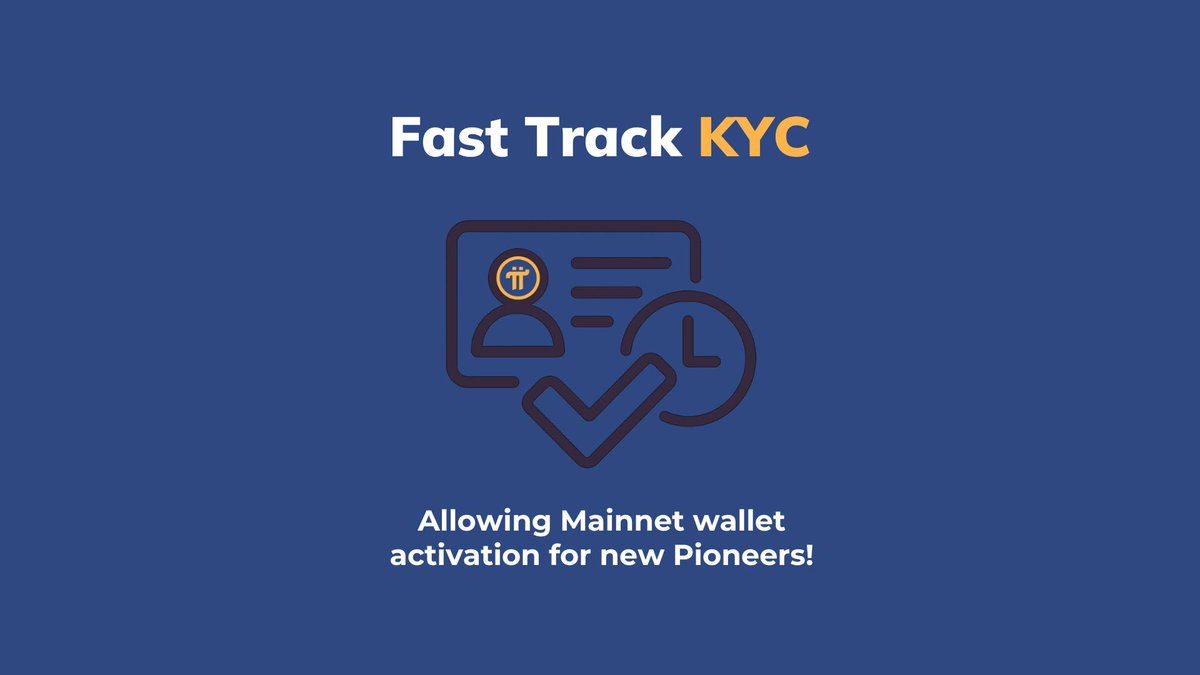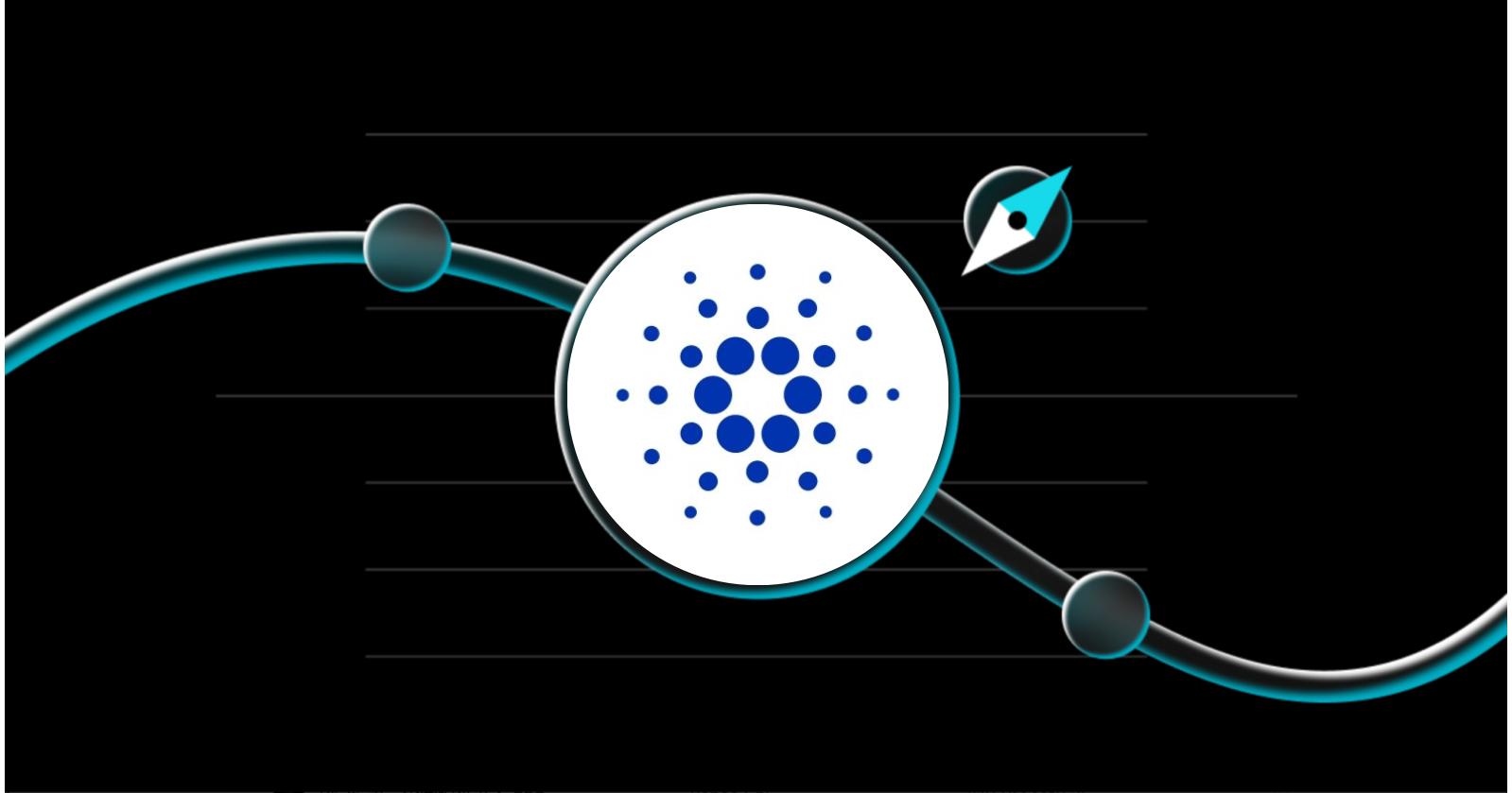How to Fast Track Your KYC on Pi Network in 2025
Imagine downloading a crypto app today and being told to wait an entire month before you can even prove who you are. That was the reality for Pi Network users until recently. In September 2025, the project unveiled Fast Track KYC, an accelerated verification system designed to cut through that delay.
By removing the old “30 mining sessions” requirement, Pi now lets new Pioneers verify their identity and activate a Mainnet wallet almost immediately. For investors, this shift is more than a convenience; it signals Pi’s intention to scale faster, draw in fresh users, and push its ecosystem closer to real utility. The Core Team, however, emphasizes that speed does not mean compromise: the system uses AI-driven checks to maintain strict standards while opening the gates wider than ever before.
What Is Fast Track KYC on Pi Network?

Fast Track KYC is Pi Network’s new shortcut for identity verification. In the past, Pioneers had to mine for at least 30 sessions before becoming eligible to apply for KYC. That rule often left new users waiting weeks before they could take the next step.
The updated system changes the sequence. Now, anyone, even brand-new accounts, can submit their identification documents through the Pi app and, once approved, have their Mainnet wallet activated immediately. The process is powered by Pi’s in-house, AI-assisted verification tools rather than relying solely on external partners.
In simple terms, Fast Track KYC allows Pi users to join the verified economy more quickly, explore apps, and take part in Pi-related commerce without the long waiting period. It’s a shift aimed at improving user experience while keeping verification standards intact.
Why Pi Introduced Fast Track KYC in 2025
The Core Team introduced Fast Track KYC to address one of the biggest hurdles in Pi’s growth: time. Under the old rules, new users had to build up 30 days of mining sessions before they could even begin verification. For many, this delay felt like a barrier that slowed adoption and discouraged participation in the network’s early ecosystem.
By creating a pathway for immediate verification, Pi aims to smooth the onboarding process. Faster KYC means new Pioneers can activate wallets sooner, interact with decentralized apps, and start using Pi in commerce or community events without waiting weeks. From an investor’s perspective, this accelerates network activity and makes the project more attractive to newcomers.
There is also a compliance angle. Relying on automated, AI-driven checks allows Pi to scale KYC securely, without depending entirely on third-party services. It gives the project greater control over identity verification, helping maintain consistent standards across jurisdictions while cutting down on bottlenecks.
Who Qualifies and How It Differs from Traditional KYC
Fast Track KYC is open to Pioneers who have not yet completed the usual 30 mining sessions. That includes brand-new users who have just signed up, as well as those who may have mined for only a few days. Once the option appears in the Pi app, they can submit documents and begin verification right away.
This differs from the traditional KYC process in several ways:
● Mining Requirement: Standard KYC required at least 30 sessions of mining before you could apply. Fast Track removes this barrier completely.
● Wallet Activation: Under the old rules, your Mainnet wallet only became active after completing KYC and the migration checklist. Fast Track allows wallet activation as soon as your ID is approved.
● Verification Method: Traditional KYC sometimes relied on manual or third-party review, which could take time. Fast Track is AI-assisted, designed to check IDs and selfies quickly within the Pi app.
● Limitations: While Fast Track lets you use your wallet sooner, it does not allow immediate migration of mined balances. To transfer coins to Mainnet, you must still meet the 30-day mining requirement and complete the full checklist.
Fast Track KYC is about timing and convenience. It unlocks access to Pi’s ecosystem sooner, but does not bypass the safeguards built into migration.
What Users Gain After Fast Track KYC
Passing Fast Track KYC gives Pioneers an immediate upgrade: their Mainnet wallet becomes active right away. This means they can move beyond passive mining and start participating in the practical side of the Pi ecosystem.
With a verified wallet, users can:
● Access Pi apps: Many decentralized applications within the Pi Browser require a verified wallet for login and transactions.
● Take part in commerce: Pioneers can engage in peer-to-peer exchanges, buy goods or services from merchants that accept Pi, and explore new forms of community trade.
● Join events and utilities: From local auctions to global community initiatives, verified wallets are often the entry ticket.
● Strengthen account security: KYC approval adds a layer of identity assurance, reducing the risk of duplicate or fraudulent accounts.
For investors watching the project’s trajectory, this shift is important. It increases real-world utility for Pi, encourages early adoption of its applications, and builds the foundations of an active economy around the token.
Conclusion
The launch of Fast Track KYC marks an important milestone for Pi Network. By removing the 30-day mining requirement, Pi has lowered the barrier for newcomers to join its verified economy, giving them access to wallets, apps, and community commerce sooner than ever. For users, the experience feels smoother and more immediate, while for investors, it demonstrates that Pi is serious about scaling responsibly without compromising compliance.
Still, Fast Track is not the end of the journey. Balance migration remains tied to the original requirements, and the AI-driven checks can be unforgiving if documents do not meet the standard. Even so, this update reflects a clear strategy: bring more people into the ecosystem quickly, keep verification standards high, and move steadily toward a more active and valuable Mainnet.
Disclaimer: The opinions expressed in this article are for informational purposes only. This article does not constitute an endorsement of any of the products and services discussed or investment, financial, or trading advice. Qualified professionals should be consulted prior to making financial decisions.



